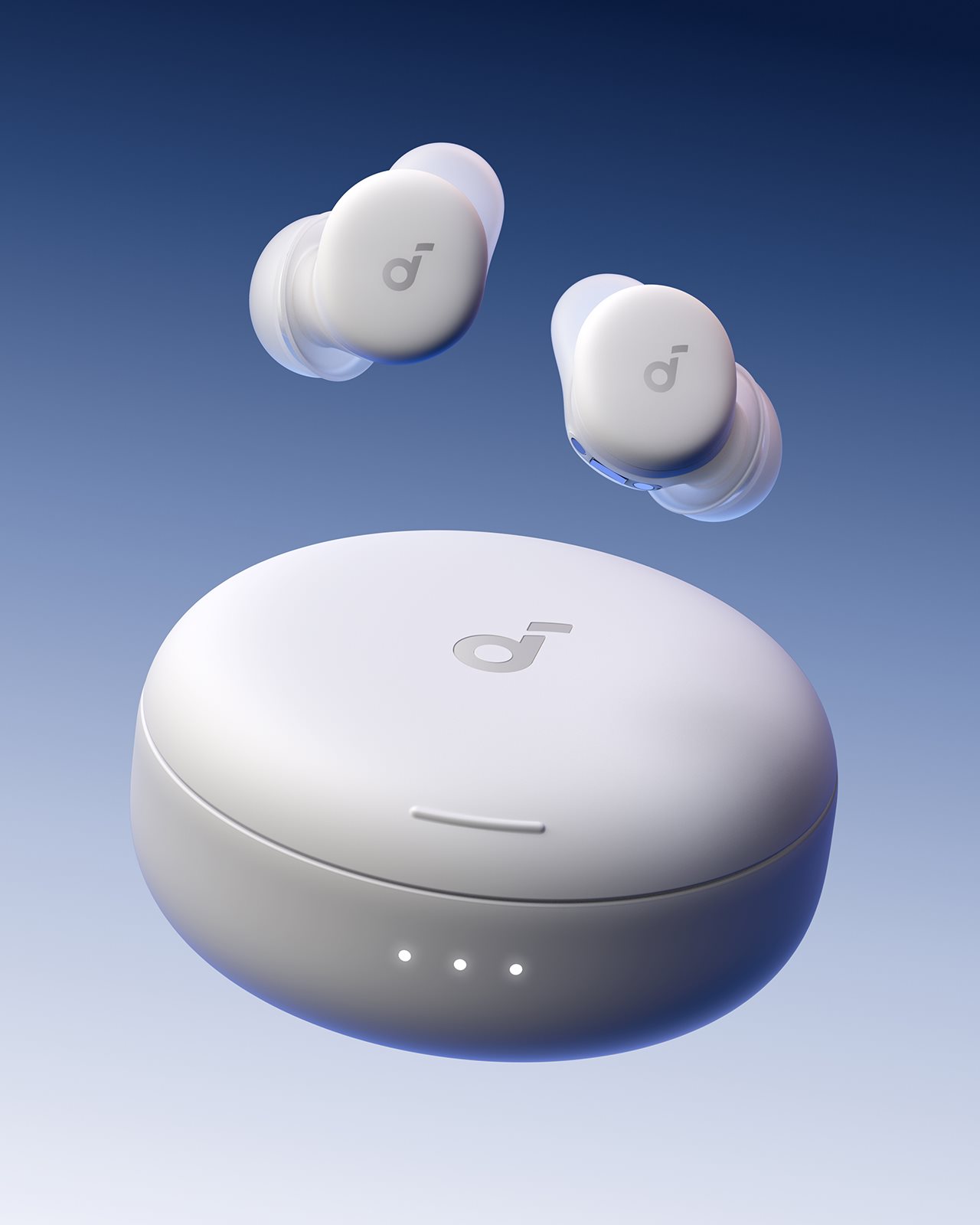(BPT) - If you have difficulty getting to sleep - and staying asleep - you're not alone: 40% of adults worldwide suffer from poor sleep, with millions averaging less than three nights of quality sleep weekly. Not getting sufficient quality sleep can lead to health problems including increased stress, a weakened immune system, cardiovascular disease and more - not to mention negatively impacting your mood.
While there are ways technology can interfere with sleep, such as using devices right before bedtime, some technology is created specifically to help you sleep better. By using the right tech smartly, you can fall asleep faster and enjoy higher quality sleep.
Here are five examples of how technology can actually help you sleep better.
Slow down before bedtime
Meditation apps have become increasingly popular as a sleep aid, and for good reason. There are many options available, so it's a good idea to try a few out to find what works best. Plan to meditate in the hour or half hour before bedtime. Guided meditation can help you relax, slow your heart rate, improve deep breathing and reduce the inner "noise" of your mind so you'll be in a more ready state to fall asleep.
Cut out the noise
External noise is also a major factor in sleep interruption. If your sleep is frequently prevented or interrupted by someone snoring, traffic, home appliances, pets or other sounds, you may want to try soundcore Sleep A30 by Anker - the world's first smart Active Noise Cancellation (ANC) sleep earbuds. Their unique design means you no longer have to choose between comfort and effective noise cancellation.

With these new earbuds, Smart ANC eliminates background noise from household appliances and outside traffic that affects sleep. Tested on thousands of ear canal shapes and refined over two years of research in a sleep acoustic lab, this ANC with Ear Canal Adaptation technology dynamically adjusts to your ears, providing deeper noise reduction for a tranquil night. And these thinner earbuds reduce the pressure exerted by your pillow, even when side sleeping.
Snoring partner? The earbud case actually monitors snoring sounds in real time, analyzing the sound level and frequency, then adjusts the masking audio of the earbuds for optimal effect. You can select snore-masking audio you love from the library, keeping you undisturbed all night.
Using the soundcore app, you have access to AI-generated Brainwave Audio for quicker and deeper sleep. Based on different sleeping scenarios, multiple binaural beats soundscapes stimulate your brain to generate relaxed brain waves, helping you fall asleep faster and deeper. The soundcore A30 earbuds can further help you improve your sleep quality by monitoring your sleeping duration and position, providing a visual report that helps you better understand your sleep pattern to optimize your rest.
Visit the soundcore Sleep A30 Kickstarter to learn more.
Seek comforting weight
Another option that many have found effective is to replace their current bedding with weighted blankets, which are specifically designed to help calm anxiety and improve sleep for a number of disorders. They are believed to be soothing in the same way swaddling infants calms them. Using a weighted blanket to improve sleep has been shown as very effective in recent research. Many recommend selecting a blanket that weighs about 10% of your body weight for optimal effect.
Consider a smart bed
A number of features available in today's smart beds may positively impact your sleep. Several beds can monitor your vital signs such as heart rate, breathing patterns, body temperature, snoring and movements to help track your sleep quality. They can then recommend and make adjustments including temperature, positioning, levels of firmness and more. It is worth researching the different features offered, as well as taking advantage of trial periods many companies offer to see how effective a particular model is for you.
Light your home smarter
While you may have heard about "blue light" from screens and how it can negatively impact your sleep, the antidote to too much blue light exposure can be found in smart lightbulbs that emit warmer colors (think reds, oranges and yellows). Light experienced throughout the day impacts the body's circadian rhythm, which is your natural internal clock. Timing optimal light colors to the right times of day is believed to impact how well you'll be able to transition from wakefulness to sleepiness.
Make the most of the latest technology that can actually help you sleep better, and you'll wake up refreshed and ready to enjoy the day.





